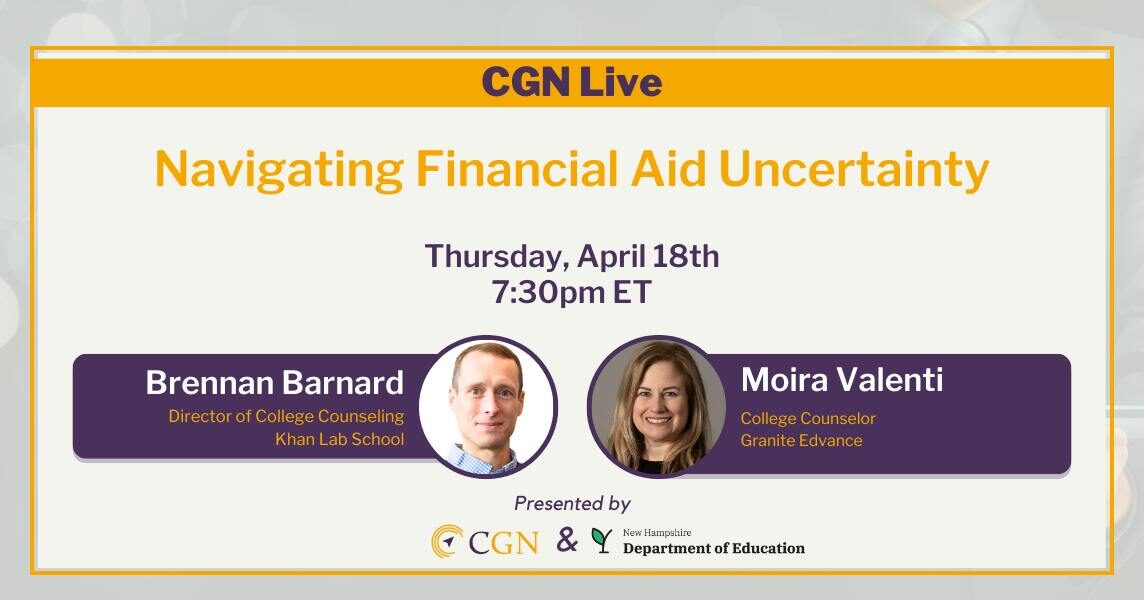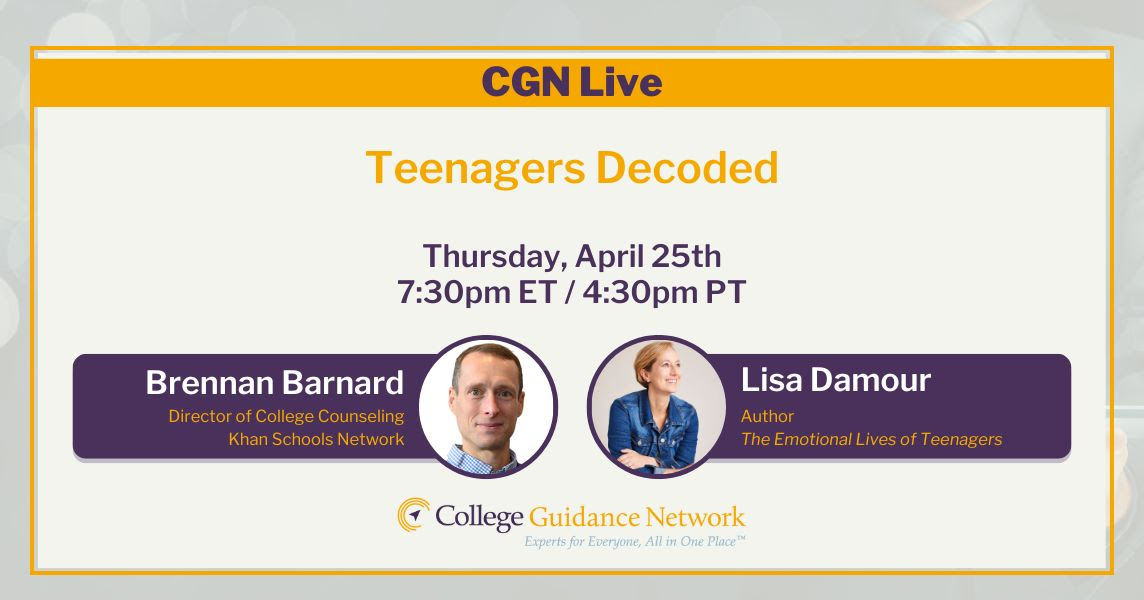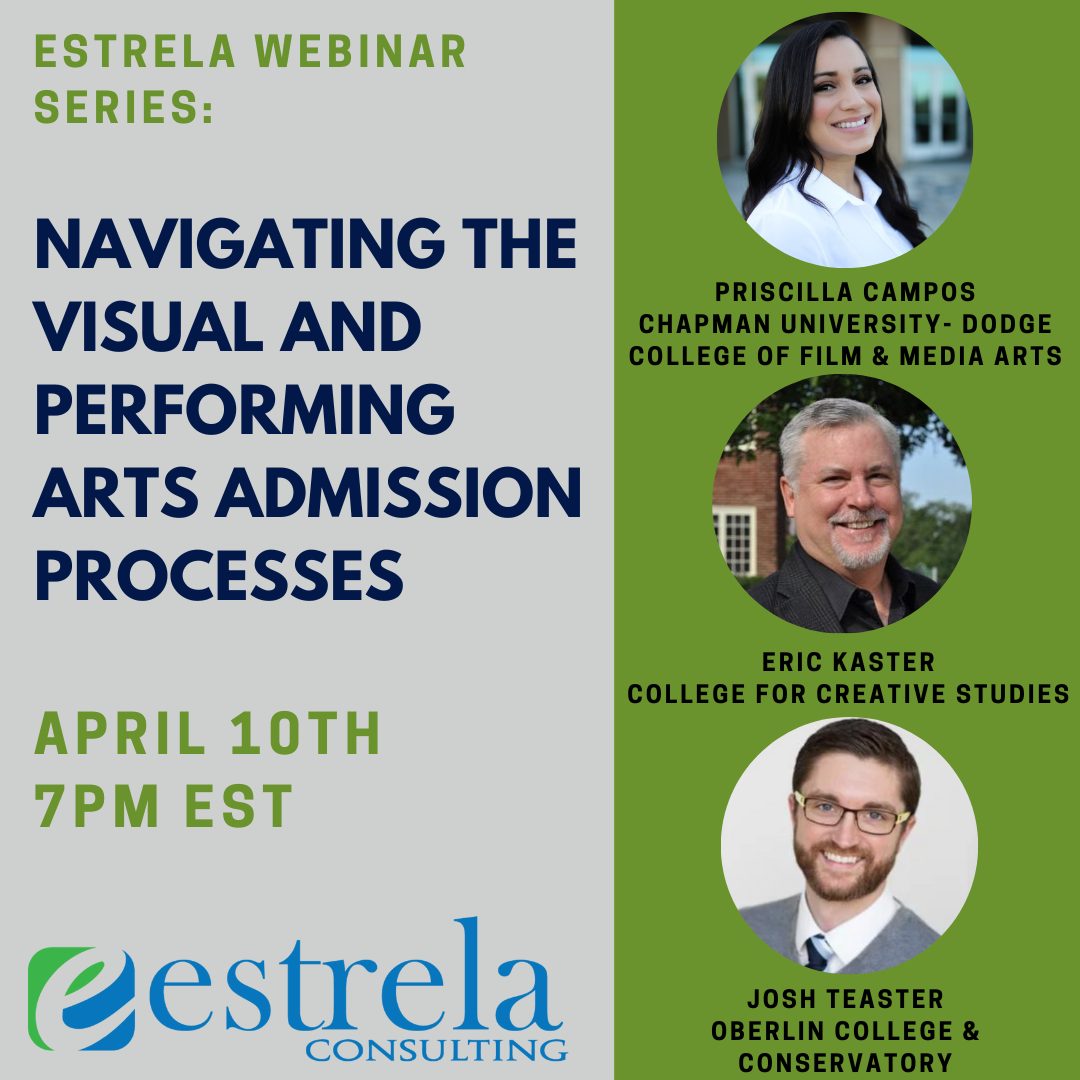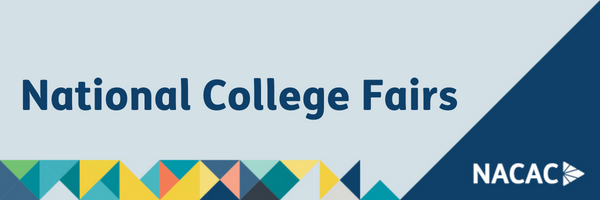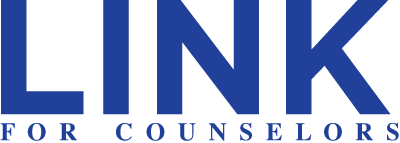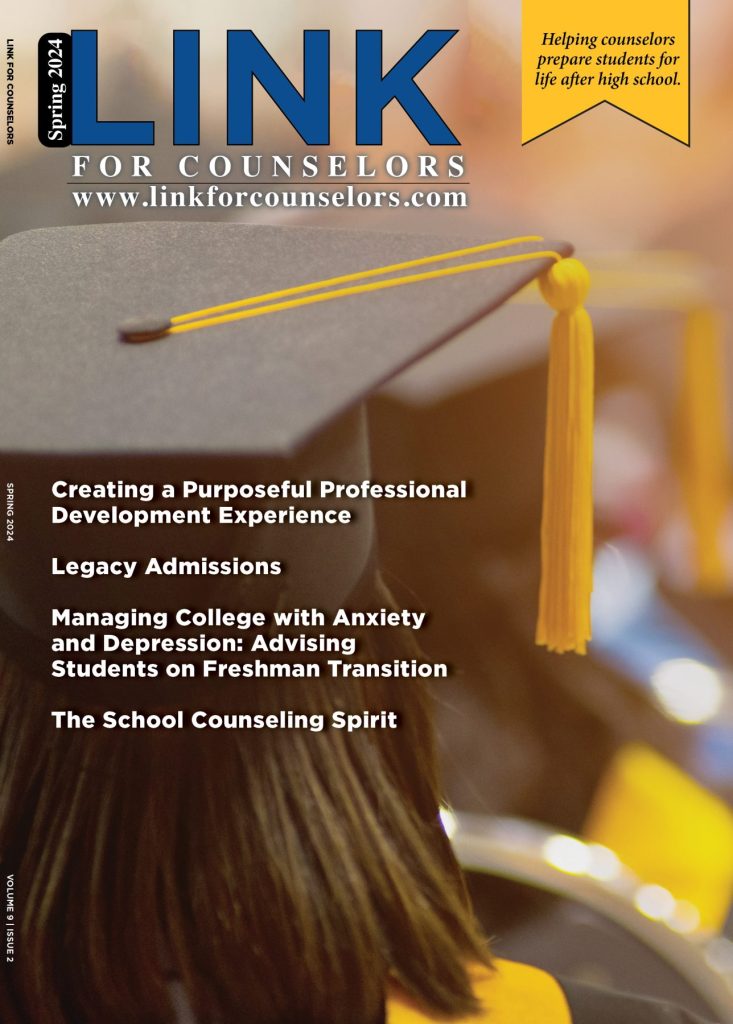Podcasts have taken the world by storm over the past decade. What was once a niche form of media with a small audience has now become a ubiquitous way for individuals across the world to find entertainment, news, and information.
One of the biggest benefits of this medium is its incredibly accessible nature. In other words, pretty much anyone with a computer — or even just a smartphone — and a decent microphone can start their podcasting journey. Sadly, this accessibility has also made this medium incredibly oversaturated.
As a result of so many people starting podcasts these days, it can be difficult to cut through the noise and build an audience. Fortunately, however, there are key strategies that you can implement to ensure that your podcast has a fighting chance of experiencing growth and success.
Here’s what you can do to make your podcast stand out from others.
Find Your Audience and Your Niche
Though it may not be as easy as it once was to build an audience for your podcast, it’s still well within the realm of possibility. One keyway to do so is by finding the right audience and niche for your content.
The problem is that finding the perfect niche can be a tricky process. While you don’t want your content to be too broad, you also don’t want it to be too specific. As such, it’s important not to rush through this process, but instead put time and effort into deciding which niche is perfect for you.
After you’ve brainstormed some ideas and have a rough direction that you want to take your podcast, it can be incredibly helpful to do some research. Seeing what other types of podcasts exist can help you identify spaces where you can have an easier time growing an audience.
Ultimately, which niche you choose will depend on your unique interests and desires. This being the case, this process will look a little different for each individual depending on their specific goals.
Make Your Cover Art and Copy Shine
While your audio content is obviously incredibly important for your podcast, this doesn’t mean you should think of the cover art and copy as an afterthought. In fact, being able to catch people’s eyes and pique their interest is a necessary task if you want to stand out among scores of other podcasts in the modern age.
If you don’t feel confident in your abilities to produce art and write descriptions, tapping other professionals is a great way to go. Though it may seem like you’re spending money unnecessarily, the truth is that you’re investing in your podcast’s value and ability to succeed in an oversaturated market.
In this stage, it’s ok to try different types of cover art and copy. Seeing which ones result in more listeners can help you pinpoint which strategies you should be implementing to grow your audience in a significant way.
Enlist the Help of Experienced Individuals
Though simply starting a podcast used to be a viable way to grow an audience, in the modern podcasting market, this isn’t always going to work. This being the case, enlisting the help of experienced individuals can be a great way to jump-start your podcasting career and set your project up for exponential growth.
Whether it’s a professional podcasting consultant or simply a veteran podcaster with insider knowledge, gaining insights from these individuals can be invaluable. In fact, they can help you avoid costly pitfalls that impede your growth and make it more difficult for you to reach your podcasting goals.
This being the case, finding others with key podcasting experience and knowledge is an amazing way to set your podcast up for success in the current market.
Collaborating with Others
When it comes to podcasting, getting a cosign from others with an established audience can be an amazing boost. Oftentimes, podcast listeners are on the lookout for new podcasts to subscribe to. As a result, finding their favorite podcast personalities on other podcasts is a common way they accomplish this aim.
Though it can be uncomfortable at times, making the effort to reach out to other podcasters and make connections could be an effective way for you to grow your audience. In addition, the more you engage in this practice, the more different audiences you can expose to your podcast.
To engage in this practice effectively, it can help to find podcast hosts and personalities who are in similar niches. This is because these audiences will be more likely to connect with your content and subscribe. As such, collaborating with others can be an amazing way to stand out in the crowd and catapult your podcast into a realm of success.
It’s Possible to Start a Successful Podcast in the Modern Age
Though it may be more difficult to do than it was a decade ago, starting a podcast in the modern age is more than possible. By engaging in the right practices, such as finding the right niche and collaborating with others, you can find podcasting success. So, if you’ve been thinking about pursuing your dream of starting a podcast, try implementing some of these strategies so that you can reach all of your loftiest podcasting goals.
